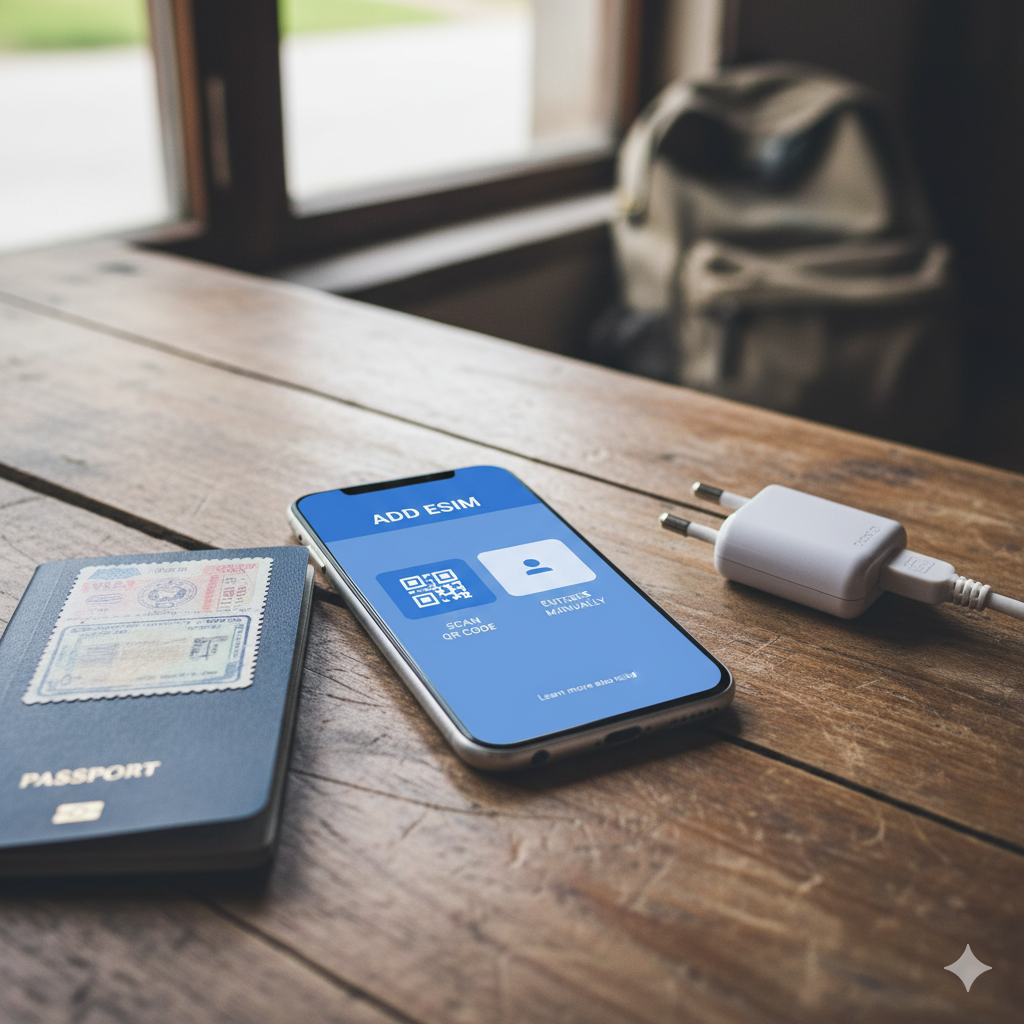Unusual Everyday Habits from Around the World
Morning in Tokyo smells like sun-warmed cotton. Families hang futons out on balconies to breathe before the day gets going. In Naples, breakfast happens standing up—three sips of espresso at a tiled bar, a nod to the barista, and you're out the door. In Istanbul, winter mornings taste like salep: warm, milky, laced with cinnamon, the kind of drink that wraps around your hands and holds you there for a minute.
Why the little things matter
You can learn a lot about a place by watching how people start their day, say hello, or clean up after dinner. These tiny rituals—shaped by weather, belief, and the need to belong—reveal more than any guidebook. They're practical. They're personal. And sometimes, they're delightfully strange.
Surprising morning routines
Japan: Futons get aired like they're part of the family—hung over balconies to catch the sun, shake off the night, and start fresh.
Italy: No one sits down for morning coffee. You stand, you sip, you leave. Sitting is for the afternoon, when time stretches out a little.
Turkey: Salep is a winter tradition—thick, sweet, and warming in a way that coffee just isn't. It's been around for centuries, and it's not going anywhere.
Shared rhythms, different shapes
Sweden: Fika isn't just coffee. It's a built-in pause—a cultural agreement to stop, breathe, and reconnect.
Spain: The siesta gets a bad rap, but it makes sense when lunch happens at 2 p.m. and the sun's still high. Rest, then reset.
Ethiopia: The coffee ceremony takes time—roasting, grinding, brewing—and that's the point. It's hospitality you can smell.
India: At dusk, puja brings the day to a gentle close: lamps, flowers, a moment of stillness.
UK: Tea breaks hold the whole country together. Morning, noon, mid-afternoon—there's always time for a cup.
Nigeria: Mornings start with proper greetings. It's not just polite; it sets the tone for everything that follows.
Thailand: The wai—palms pressed together, a slight bow—is how you say hello, thank you, and I respect you, all at once.
Doorways and thresholds
Russians don't shake hands across a doorway—bad luck lives there, so you step inside first. In Egypt, shoes come off at the door, no questions asked. Mexicans eat twelve grapes at midnight on New Year's Eve, one wish per grape—a tradition that's traveled to Spain and the Philippines. And in Scandinavia, sorting the recycling isn't a chore; it's just what you do, several times a day, without thinking twice.
Green habits that stick
Germany's Pfand system makes recycling feel like a small win—return your bottles, get cash back. South Korea's metro bins have cartoon mascots that nudge you to sort your trash, and it works. In Brazil, open-air markets—feiras—pop up daily, full of produce that still smells like soil and people who know the farmers by name.
The language of greetings
A bow in Japan. A wai in Thailand. The hongi in New Zealand, where foreheads and noses gently touch. In France, Spain, and across Latin America, it's a kiss on the cheek—sometimes two, sometimes three. Elsewhere, a handshake, a fist bump, or (in parts of Tibet) a playful tongue-out greeting does the job. Every culture has its own grammar for hello.
Hidden everyday rituals
Order a cappuccino in Italy after 11 a.m. and you've just outed yourself as a tourist. Milk's for mornings; the afternoon belongs to espresso. In Finland, the sauna isn't optional—it's where the week unwinds, where friends talk without pretense, where heat and cold rinse everything clean. In Singapore, lunch happens at hawker centres: shared tables, plastic stools, a dozen cuisines under one roof, and nobody cares if you're dressed up or not.
Why routines differ
Climate writes the first draft—heat teaches a culture to nap, to hang laundry outside, to shop early before the sun peaks. Religion and tradition add structure: prayer times, fasting periods, rituals of respect. But mostly, these habits exist to hold communities together—small, repeatable ways of saying we're in this together.
FAQ
Q1: Are any of these habits becoming universal?
Coffee breaks, recycling culture, and casual communal dining are spreading fast, thanks to travel, media, and the quiet influence of a good idea.
Q2: Why do cultures have such different morning routines?
Because mornings reflect local weather, work rhythms, history, and spiritual life. Every place adapts the first hour of the day to fit what matters most.
Q3: What's the most unusual greeting?
The Māori hongi—where you press foreheads and noses together—or the Tibetan tongue greeting, both rooted in old traditions of trust and openness.
Q4: Do eco-friendly daily habits actually make a difference?
In cities like Berlin or Seoul, bottle returns and composting are baked into the culture—and backed by law. Small acts, repeated daily, add up.
Q5: Is it rude to ignore local habits when traveling?
Not rude, but you miss out. Learning how to say hello or share a meal the local way is a souvenir you don't have to pack.
Q6: How can I add more 'global habits' to my life?
Try airing your bedding in the sun. Host a Swedish fika. Shop at a farmers' market. Return bottles, sort your recycling, and save the cappuccino for morning. Small shifts, big horizons.



